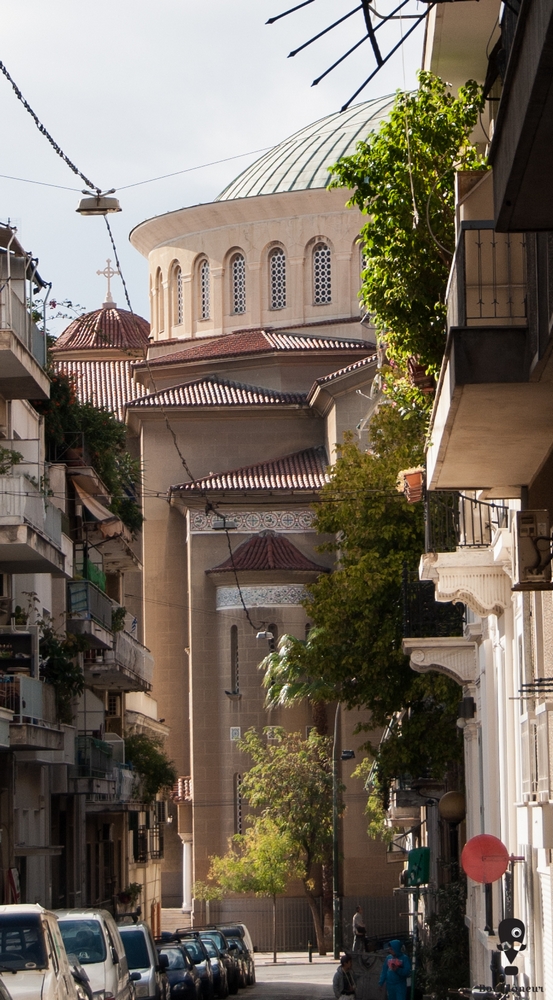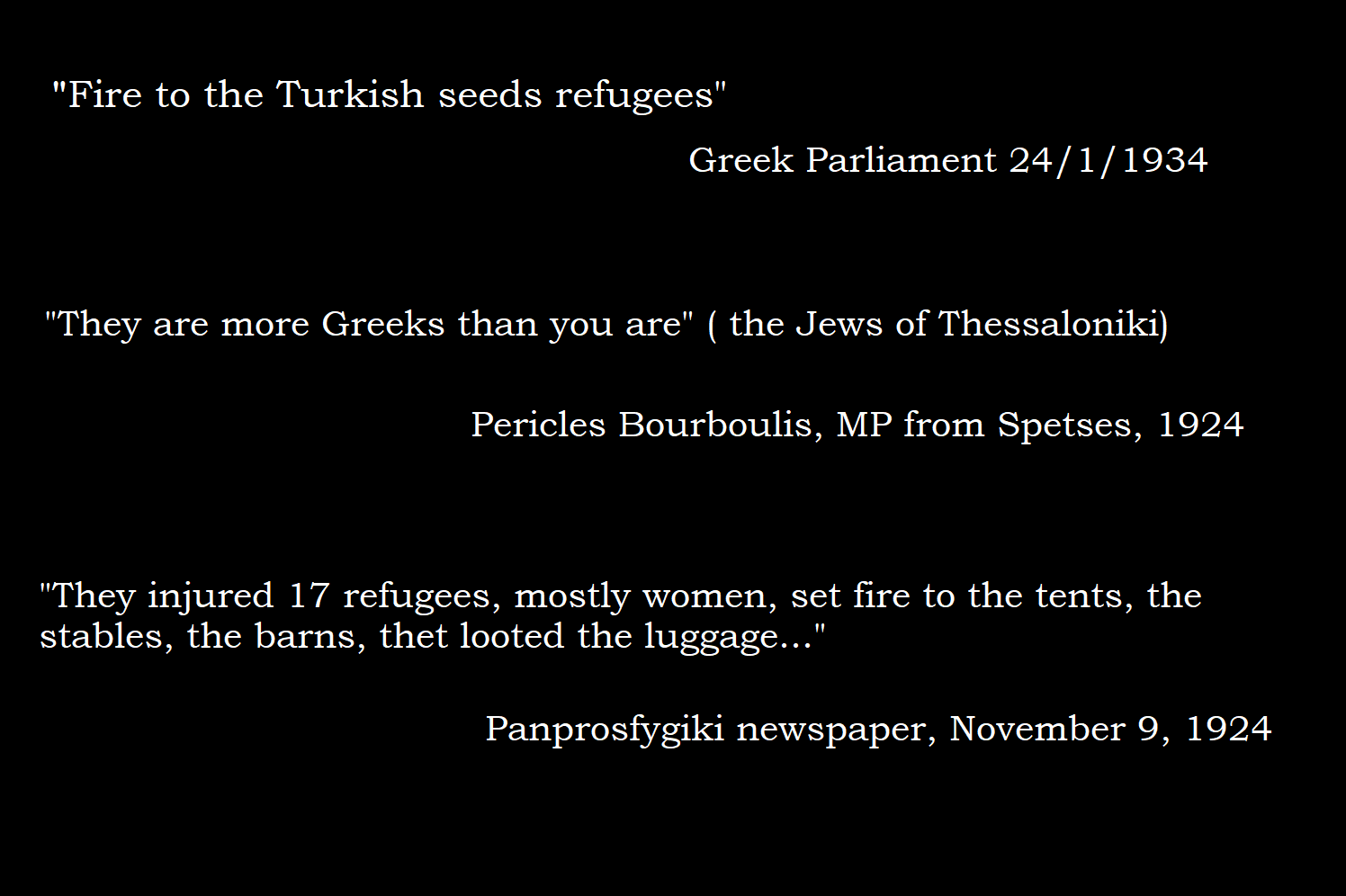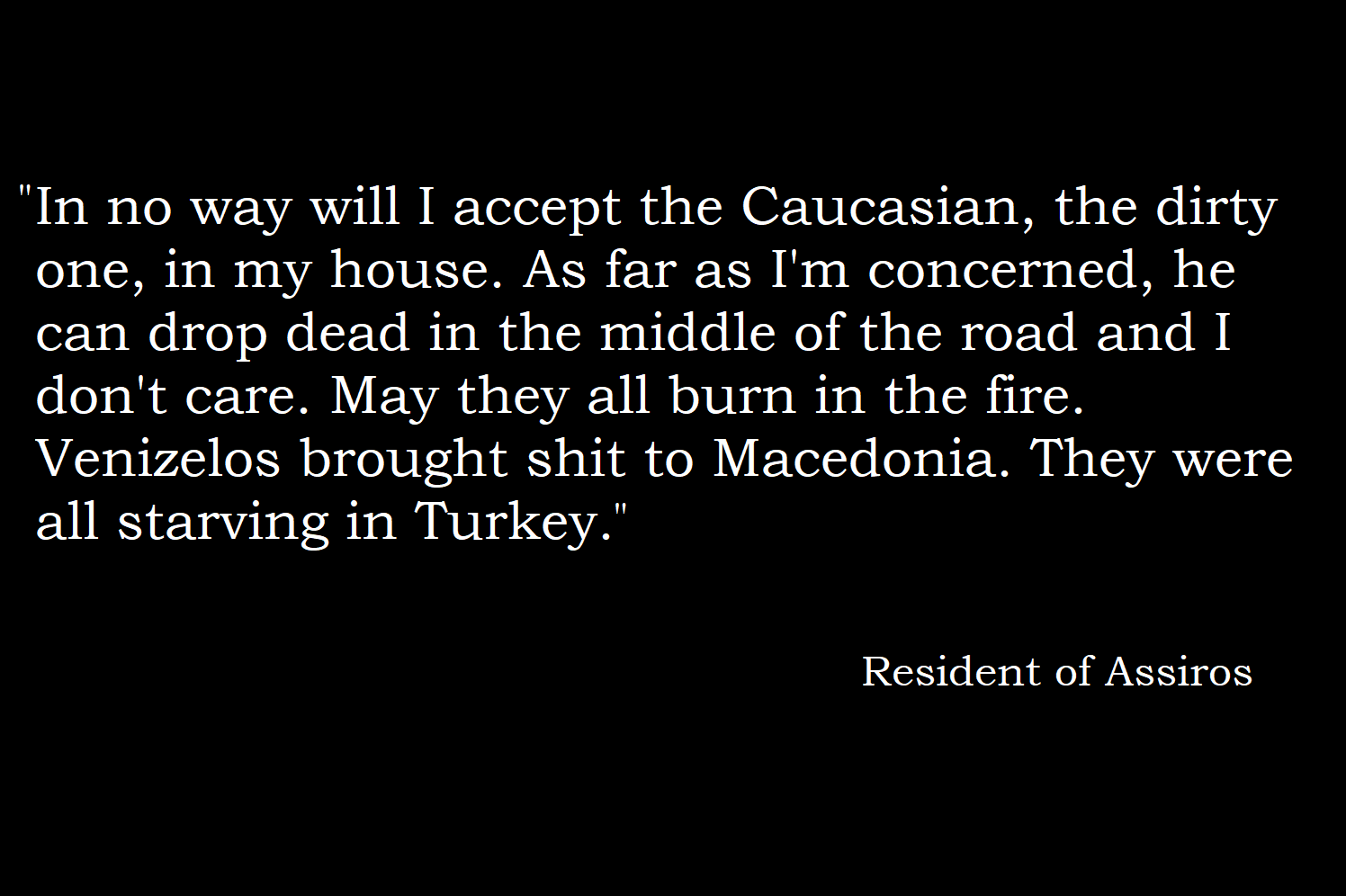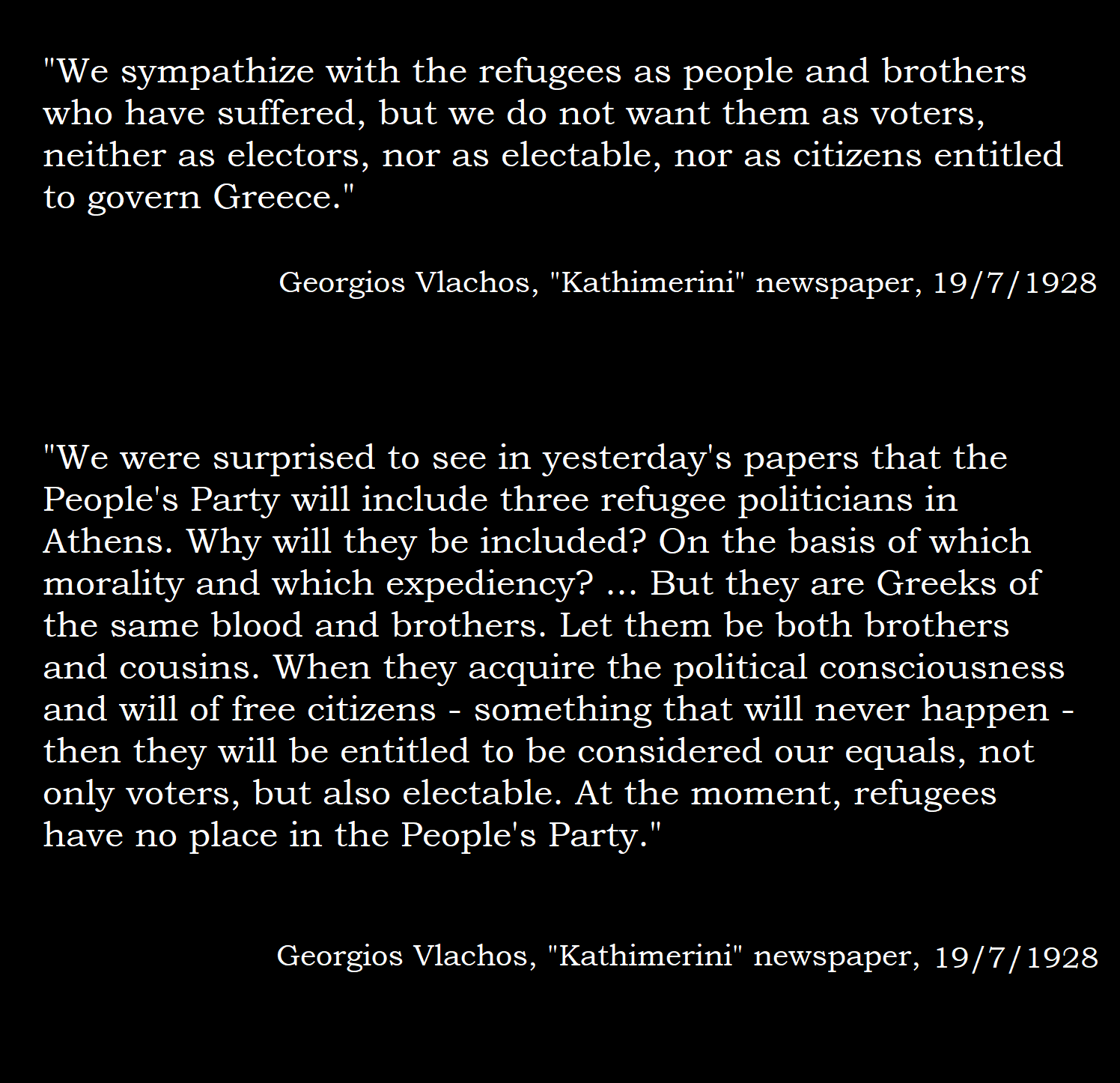Agios Panteleimon
Agios Panteleimon area had been quite turbulent during the years of crisis.

Agios Panteleimon area had been quite turbulent during the years of crisis.
Home > Athens > Society > Everyday life > Social uprising > Agios Panteleimon





The name of this neighbourhood comes from the homonymous, monumentally dimensioned church of 1930. The area is very densely populated with few open spaces.
Once considered a “respectable” part of the city, it became an extremely problematic area of Athens during the economic crisis. While Athens does not have any ghettos in the typical sense, the high concentration of immigrants here had caused major social issues: 1) many immigrants lived under a temporary residence status or were undocumented for long periods of time and were therefore unable to move to other countries or to seek work. Some turned to street crime, which is often controlled by organized crime rings, where those pulling the strings are mainly Greek, 2) the abrupt change in the area’s social fabric has caused a huge shock to residents, which has resulted in polarization, 3) the new reality created fertile ground for neo-Nazi groups, who have since acquired social and electoral influence in the area, 4) the amplification of this deteriorating image by the Greek media and the lack of national immigrant integration initiatives and a common immigration policy in the EU had exacerbated the problem. The Greek people had once more stirred up tribalism and were faced with divisive prospects, similar to the ones that occurred in the 1920s, when native Greeks expressed extreme racism against the Greek refugees of Asia Minor, often treating them worse than enemies, according to accounts from the refugees themselves.
Doctors Without Borders (2013), Μετανάστες χωρίς έγγραφα, ζωές υπό κράτηση [Undocumented Immigrants, lives in custody], Annual Report
Karakassidou A., (2000), Μακεδονικές ιστορίες και πάθη 1870-1990 [Macedonian stories and passions 1870-1990], Athens: Odysseas
Arapoglou V.P., (2006), Immigration, Segragation and Urban Development in Athens: The Relevance of the LA Debate for Southern European Metropolises, in The Greek Review of Social Research, special issue 121, C’, p.p.11-38
Human Rights Watch, (2012), Hate on the streets, Xenophobic violence in Greece, Human Rights Watch Report
Mavrogordatos G., (1983), Stillborn Republic. Social Coalitions and Party Strategies in Greece 1922-1936, University of California Press, Berkley
Savage M., Warde A., (2005), Αστική κοινωνιολογία, καπιταλισμός και νεωτερικότητα [Urban Sociology, Capitalism and Modernity], rev. Psimmenos, Athens: I. Papazisi
Share